The day women finally made it to the Australian federal Parliament
When two women walked through the doors of parliament seventy five years ago this weekend it marked a historic moment for women in politics
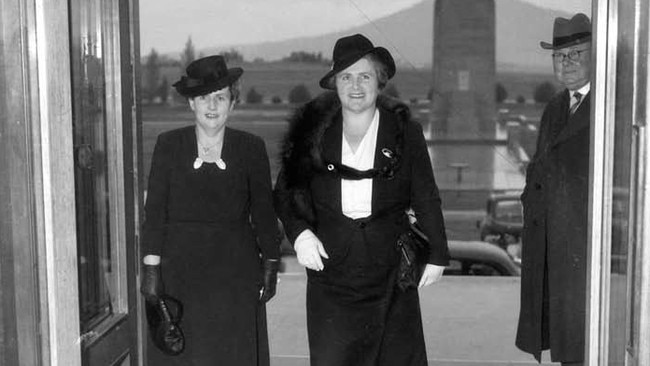
Today in History
Don't miss out on the headlines from Today in History. Followed categories will be added to My News.
In 1902 Australian women gained the right to stand for federal Parliament, yet it took more than forty years for a female to be elected. At the federal election of 1943, Curtin’s Labor government was returned to power in a landslide. But history was also made when the United Australia Party’s Enid Lyons, widow of prime minister Joseph Lyons, won the Tasmanian seat of Darwin and Labor’s Dorothy Tangney was elected to the senate.
They entered federal Parliament for the first time on September 23, 1943, seventy five years ago this weekend. Both from different parts of the country, with different backgrounds, members of opposing parties, but with many things in common.
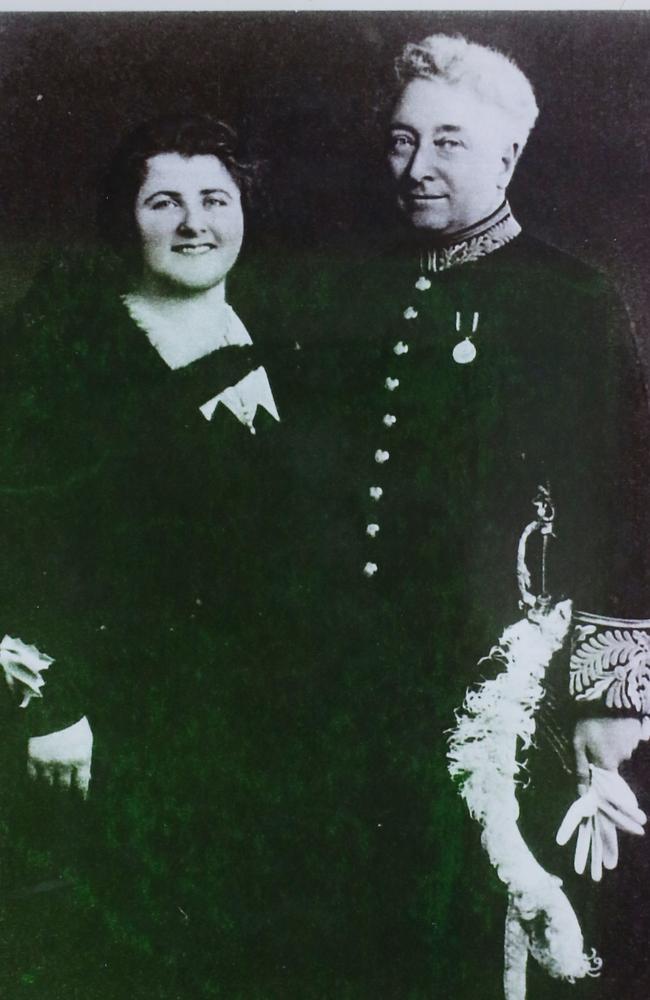
Tangney was born in Perth in 1907, the daughter of Irish immigrant Eugene, a mill worker and later engine driver. The family struggled financially, especially after Eugene was injured in a workplace accident.
Tangney knew first-hand what the poor went through and it would become one of her major concerns in her political career. She passed her school leaving certificate at 15 and went to work as a trainee teacher, helping to support her family, while studying part time at the University of Western Australia. She earned a bachelor degree in 1927 and in 1932 a diploma of education.
But her strong sense of social justice, and her father’s Labor leanings, drove Tangney to become politically active. In 1929 she formed the Fremantle Young People’s Ideal Club and while studying was president of the University Labor Club, also a member of their debating team.
In 1936 she took her first tilt at parliament, standing for the seat of Nedlands, but missed out. She was again disappointed in 1939, as well as a senate run in 1940, but persistence finally paid off with election to the senate in 1943.
Lyons was born Enid Muriel Burnell in Tasmania in 1897. Her father worked in a sawmill. Enid discovered a dramatic talent in school and was encouraged by her mother to find opportunities to hone her acting skills.
At 15, on a visit to Tasmania’s state parliament in Hobart, Enid, then a trainee teacher, met young Labor politician Joseph Lyons, state treasurer, minister for education and railways. They began writing to each other. They were married in 1915.
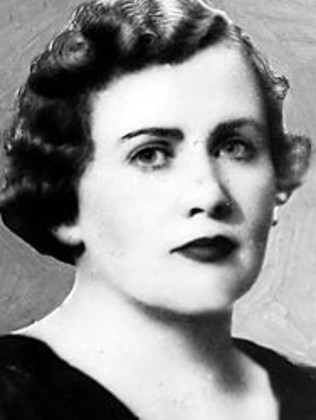
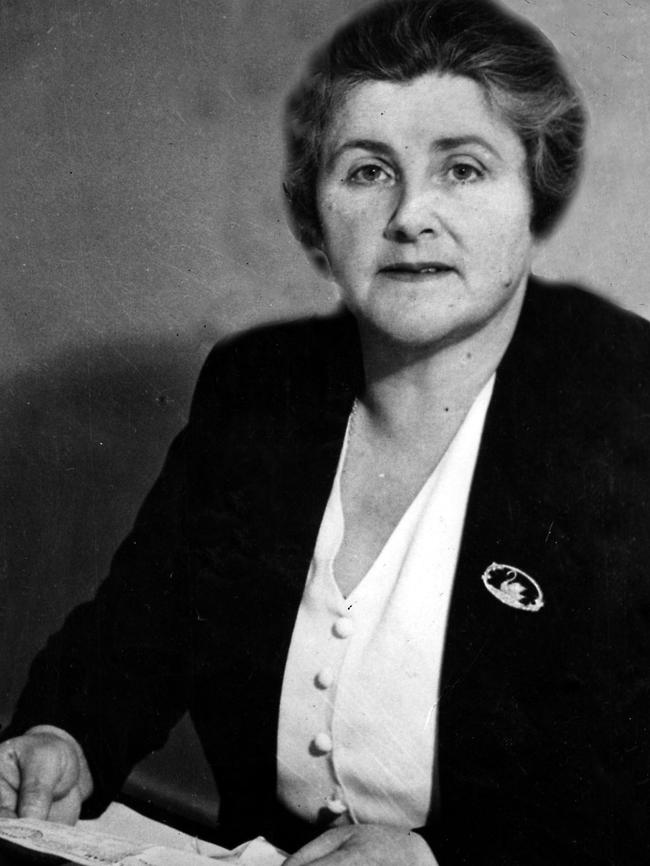
They had 12 children, but Enid found time to campaign for her husband, to show off her speaking skills. Joseph became Tasmanian premier in 1923. Enid was unsuccessful running for state parliament in 1925.
Joseph moved to federal Parliament in 1929 and was often in Canberra while Enid was at home with their growing brood. His split from the Labor Party in 1931, to join the UAP, changed the course of their lives, suddenly he was opposition leader, giving Enid more public speaking opportunities. Robert Menzies complained she stole the show from Joseph.
In 1933 Joseph became Prime minister and the couple moved to the Lodge, where she gained a reputation for her frugal, no-nonsense entertaining. Despite health problems Enid remained active supporting her husband. As war drew near in 1938, she gave speeches about the need for peace and the prudence of preparing for war.
But in April 1939 Joseph suffered a heart attack. What later helped pick her up out of her grief was the prospect of standing for parliament, when George Bell, member for the electorate of Darwin in Tasmania, announced he was retiring before the 1943 election. She threw herself into campaigning with the vigour for which she was well known and won the seat by a narrow margin.
With some fanfare, on September 23, 1943 both women entered the doors of parliament. The newspapers reported on what they both wore — Lyons was in black with a white lace collar and Tangney in deep blue.
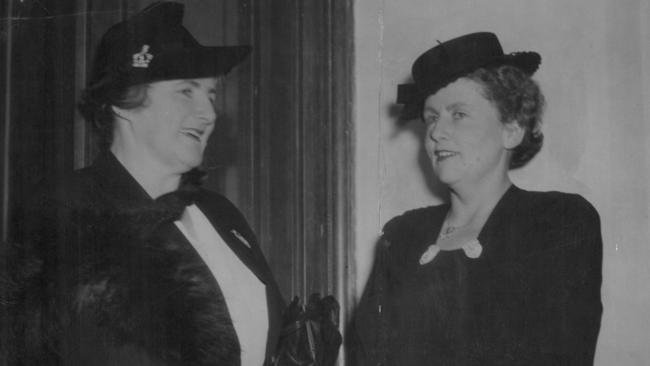
For the swearing ceremony Lyons used her late husband’s bible. She also made a point of meeting with Prime Minister John Curtain to give up the pension she had been granted as the widow of a PM.
Dorothy Tangney gave her maiden speech on September 24 talking mostly about the war but touching on the subject of the inadequacy of pensions, the need for a social security fund and to guarantee all people equal access to medical treatment. She also talked about resettling soldiers after the war.
In her maiden speech on September 29 Lyons acknowledged the weight of responsibility on her shoulders as the first woman ever to address the house. Her speech was peppered with metaphors about housework, for which she made no apologies since, quoting George V she said “The foundation of a nation’s greatness is in the homes of its people.” She talked about the importance of social security, public housing, about the war and learning from history. She ended by saying “the duty of every government, whether in this country or any other, is to see that no man, because of the condition of his life, shall ever need lose his vision of the city of God.”
Lyons later joined the Liberal party and was a member of Menzies’ cabinet, she retired from parliament in 1951 and died in 1981. Tangney served in the Senate until 1968 when she retired. She died in 1985.

